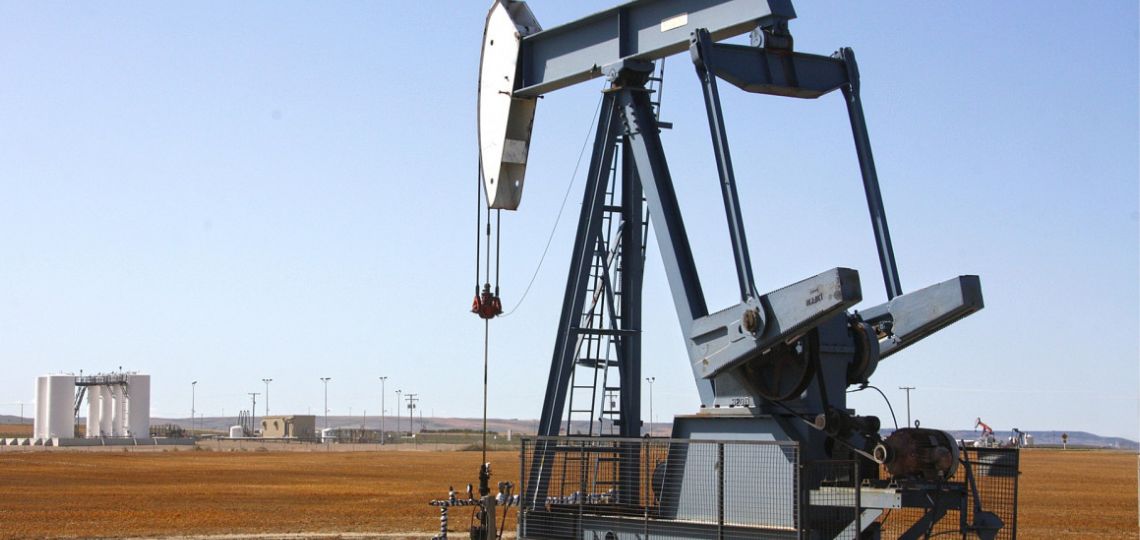The surprise decision on Sunday by some Opec+ members to drastically reduce their oil production, which caused a surge in prices on Monday, is a boon for Moscow and further proof of the strength of the Russian-Saudi couple.
Why such a decision?
The measure was taken by eight members of the Organization of the Petroleum Exporting Countries and its allies (Opec+), for a total of over one million barrels per day. Unlike the cuts implemented in response to the Covid-19 pandemic, they preferred to act without going through the formal framework of the alliance, which requires the agreement of everyone, namely the 13 Opec countries and their 10 partners.
“We are witnessing the emergence of an Opec group+ agile, capable and willing to take the lead,” said Bjarne Schieldrop, an analyst at SEB Bank. Opec, established in 1960 and based in Vienna, aims to “coordinate oil policies” of its members to ensure “fair and stable prices for producers.” It formed Opec+ in 2016 by including new allies, including Russia and Oman. It is precisely this argument of “stability” that was invoked Monday by the alliance, while oil prices have suffered greatly from the recent banking crisis in the United States and Europe.
Fears of a global recession have resurfaced and investors have shifted from risky assets, such as commodities, to safe havens. For Stephen Innes, analyst at SPI Asset Management, “Opec+ has decided to draw a red line at 80 dollars a barrel of Brent (North Sea oil, editor’s note).
How does it support Moscow?
The prospect of sharp cuts immediately sent prices back up, especially since it comes against a backdrop of strong demand with the economic reopening of China, the world’s largest importer of crude oil. This upturn is particularly beneficial to Russia, which “needs oil to finance its costly war in Ukraine,” says Schieldrop.
Moscow has, in fact, been the target of numerous Western sanctions in reaction to its invasion of Ukraine, the purpose of which was precisely to reduce the financial windfall from black gold. For the SEB expert, the decision thus confirms that “Russia is still an integral and important part” of the Opec group. And it further strengthens the Russian-Saudi couple, which the war has not shaken. On the contrary, note the experts, who observe this solid common front in the face of the turbulence of recent months.
Especially since the two heavyweights of the alliance are now on an equal footing: by significantly lowering its production, Saudi Arabia is approaching the lower volume sold by Russia under the effect of sanctions.
Why is this a setback for Washington?
The United States had already taken the previous reduction announced in October badly. This is “a new challenge for consumer countries, which are struggling with high interest rates and high inflation,” say DNB analysts. U.S. officials reacted Monday to the surprise production cuts by calling them “not appropriate,” through John Kirby, a White House spokesman. He noted, however, that oil prices have declined since the fall.
“We are focused on price, not barrel count,” he added. While Opec+ was born in response to the challenges posed by American competition, it is no longer afraid of shale oil produced in the United States, whose growth is slowing down.
The organization, which dominates the market with 60% of black gold exports, “has significant power to set prices” compared to the situation a few years ago, according to Innes. On the diplomatic front too, “Saudi Arabia does not fear the United States”, which has a complex relationship with Riyadh and has lost influence in the region, notes Neil Wilson, an analyst at Finalto.
“We are witnessing a new era,” he says, as evidenced by the recent rapprochement between Iran and Saudi Arabia under the auspices of China. “The Saudis are doing what they have to do and the White House obviously has no say in the matter,” he summarizes.






